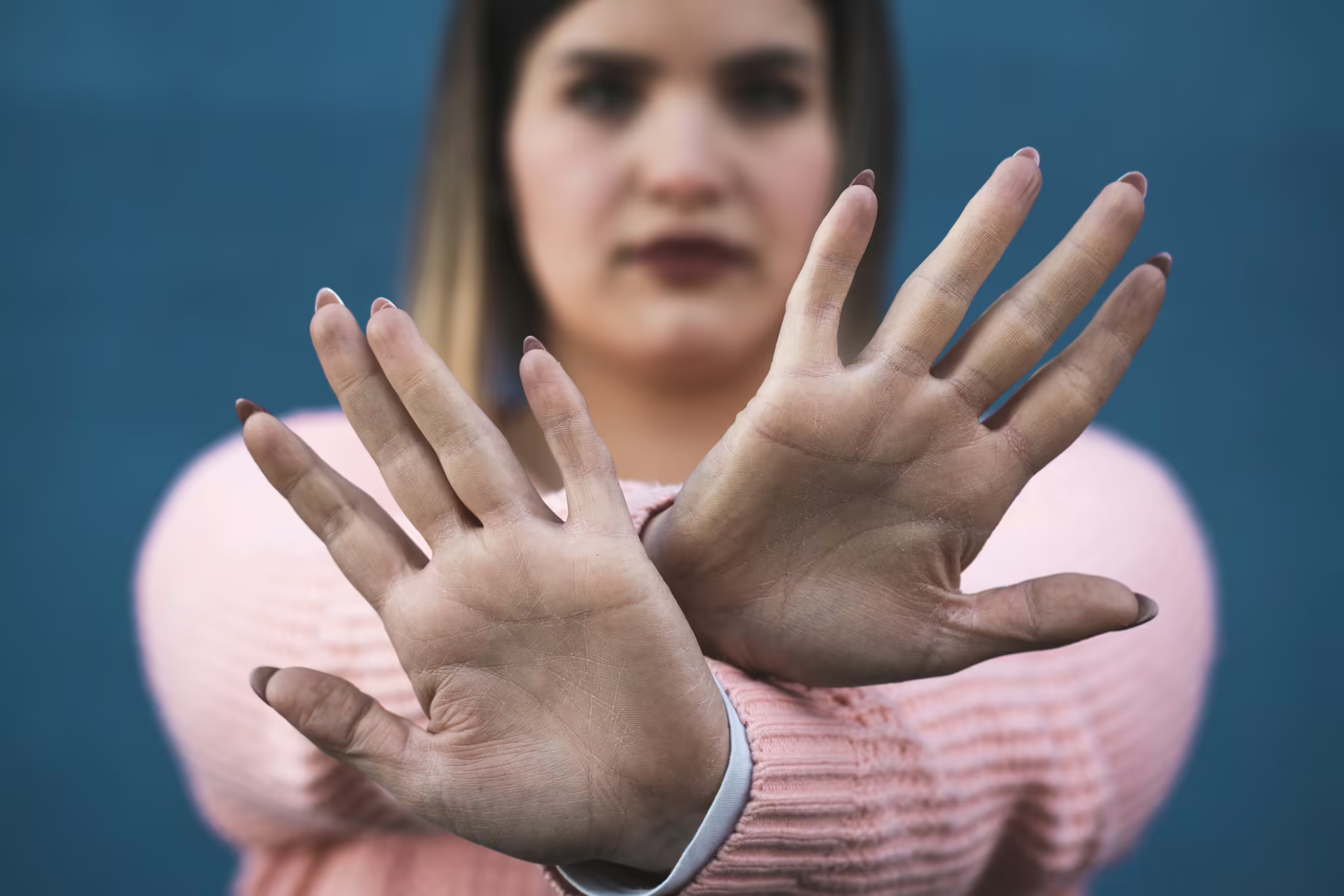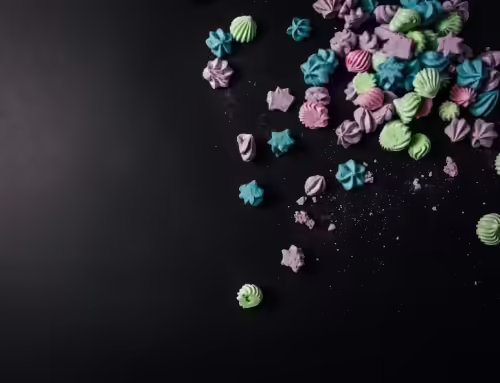Signs of Being Roofied: Recognizing and Recovering from Drugged Drinks
The term “roofied” is commonly used to describe the act of drugging someone’s drink with Rohypnol, a powerful sedative, often with intentions of committing sexual assault while they are under the influence. Along with other drugs like GHB (gamma-hydroxybutyrate) and ketamine, Rohypnol is used to incapacitate individuals, making them vulnerable to various forms of exploitation. In this blog, we’ll discuss the signs of being roofied, what it means and how to recover from such an incident for personal safety and well-being.
What Does Roofied Mean?
Being “roofied” refers to the surreptitious administration of a drug into someone’s drink without their knowledge or consent. The most infamous drug associated with this practice is Rohypnol, also known as “roofies,” which is a benzodiazepine with strong sedative effects. Other substances like GHB and ketamine can also be used to achieve similar incapacitating effects.
These drugs are odorless, colorless and tasteless, making them easy to slip into a drink without detection. The effects can begin within 30 minutes and last for several hours, during which the victim may experience severe disorientation, memory loss and loss of motor control, rendering them vulnerable to assault or theft.
Signs of Being Roofied
Recognizing the signs of being roofied can be challenging, especially since the symptoms can be mistaken for extreme alcohol intoxication. However, certain signs are more indicative of drugging:
Sudden and Severe Disorientation
One of the primary signs of being roofied is a rapid onset of confusion and disorientation. Unlike alcohol, which typically takes time to affect cognitive function, drugs like Rohypnol cause sudden and profound mental clouding. You might find it difficult to think clearly or make sense of your surroundings.
Loss of Motor Control
Drugs used to roofie individuals significantly impair motor skills. Victims often experience difficulty walking, an inability to stand and a sense of heavy limbs. This loss of coordination is far more severe than typical alcohol-induced inebriation.
Memory Blackouts
Another critical sign is the loss of memory. Victims often report “blackouts” or periods where they have no recollection of what happened. These memory gaps can occur even if the victim didn’t consume large quantities of alcohol.
Unusual Drowsiness or Unconsciousness
Extreme drowsiness or sudden unconsciousness can also indicate being roofied. While alcohol can cause sleepiness, the level of sedation from drugs like Rohypnol is much more intense, often leading to complete unconsciousness for several hours.
Nausea and Vomiting
Victims may experience nausea, vomiting and other gastrointestinal symptoms. These effects can occur suddenly and with little warning, differentiating them from the slower onset of alcohol-related nausea.
Unexplained Injuries or Clothing Disarray
Waking up with unexplained bruises, cuts or clothing in disarray is another sign. Because these drugs incapacitate victims, they may fall or be unable to protect themselves, leading to injuries they cannot remember acquiring.
How to Recover from Being Roofied
If you suspect that you have been roofied, immediate and longer-term steps can help you recover physically and emotionally.
Immediate Steps
1. Seek Medical Attention: If you believe you may have been drugged, go to a hospital immediately. Medical professionals can administer tests to confirm the presence of drugs and provide necessary treatment and monitoring.
2. Stay with Trustworthy People: If you’re in a public setting, inform a trusted friend or authority figure about your suspicions. Stay with them until you receive medical help.
3. Preserve Evidence: If possible, keep the drink you were consuming for analysis. This can help identify the drug used and provide crucial evidence if you decide to report the incident.
Longer-Term Recovery
1. Report the Incident: Contact law enforcement to report the incident. Provide them with as much information as you can remember, including the location, time and any suspicious individuals.
2. Seek Counseling: Experiencing such an event can be traumatic. Professional counseling can help you process the emotional aftermath and begin the healing process.
3. Follow-Up Medical Care: Schedule follow-up appointments with your healthcare provider to monitor your recovery. Some drugs used in roofies can have lingering effects that need medical attention.
4. Stay Informed and Vigilant: Educate yourself about the dangers of drugging and learn strategies to protect yourself in social settings. This includes watching your drink, not accepting drinks from strangers and staying with trusted friends.
Recognizing the signs of being roofied, understanding what it means and knowing how to recover are essential for anyone planning to socialize in public environments. Whether you’re consuming alcohol or mocktails, the risk of being roofied is still present. Awareness and prompt action can significantly mitigate the physical and psychological impact of such a violation. By staying informed and vigilant, you can help protect yourself and others from the dangers of drugged drinks.






